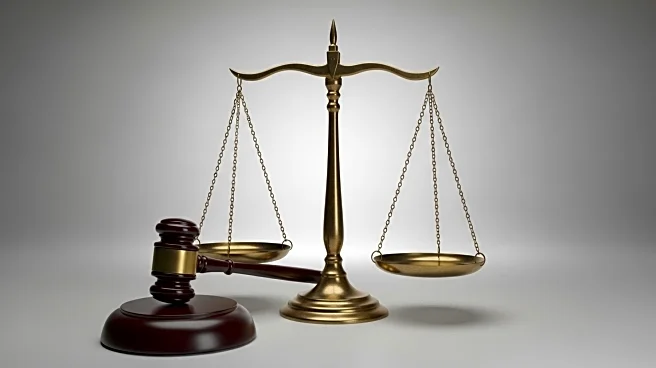What is the story about?
What's Happening?
Ryan Routh, accused of attempting to assassinate President Trump at his Florida golf course, has concluded his defense without testifying. Representing himself, Routh questioned a firearms expert and two character witnesses before resting his case. The trial, presided over by U.S. District Judge Aileen Cannon, is set to proceed with closing arguments, followed by jury deliberation. Prosecutors allege Routh plotted for weeks before aiming a rifle at Trump during a golf game, but was thwarted by a Secret Service agent. Routh's defense included testimony from a former U.S. Marines sniper, who confirmed Routh's clear view of the golf course from his hiding spot.
Why It's Important?
The trial highlights significant security concerns surrounding high-profile figures like President Trump. The case underscores the challenges in ensuring the safety of public officials and the potential vulnerabilities in security protocols. The outcome could influence future security measures at presidential events and locations. Additionally, the trial raises questions about the legal system's handling of self-represented defendants in complex cases, potentially impacting future legal proceedings involving similar charges.
What's Next?
Closing arguments are scheduled for Tuesday, after which the jury will begin deliberations. The trial's outcome could lead to changes in security protocols for presidential events. Legal experts and political analysts will be closely monitoring the case for its implications on public safety and legal precedents. The verdict may also affect Routh's future, including potential appeals or further legal actions.















